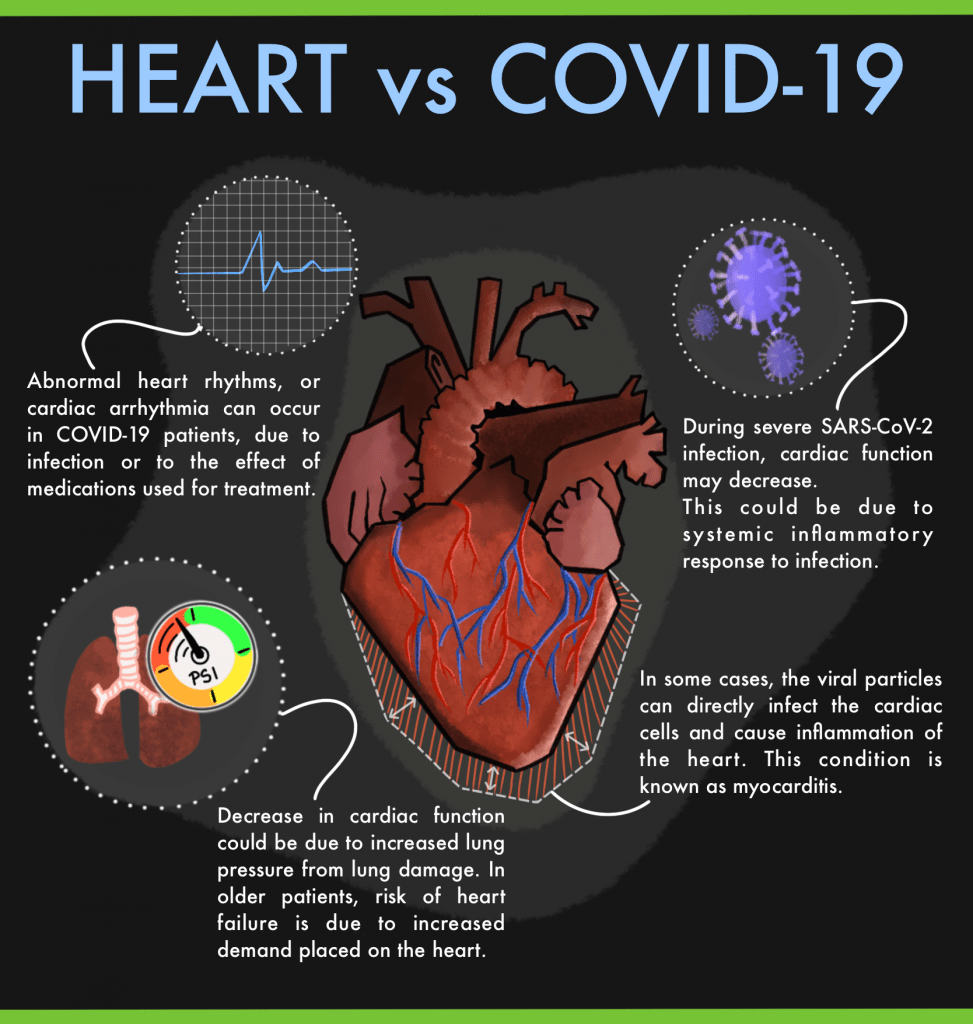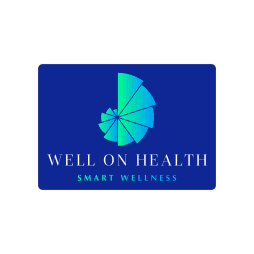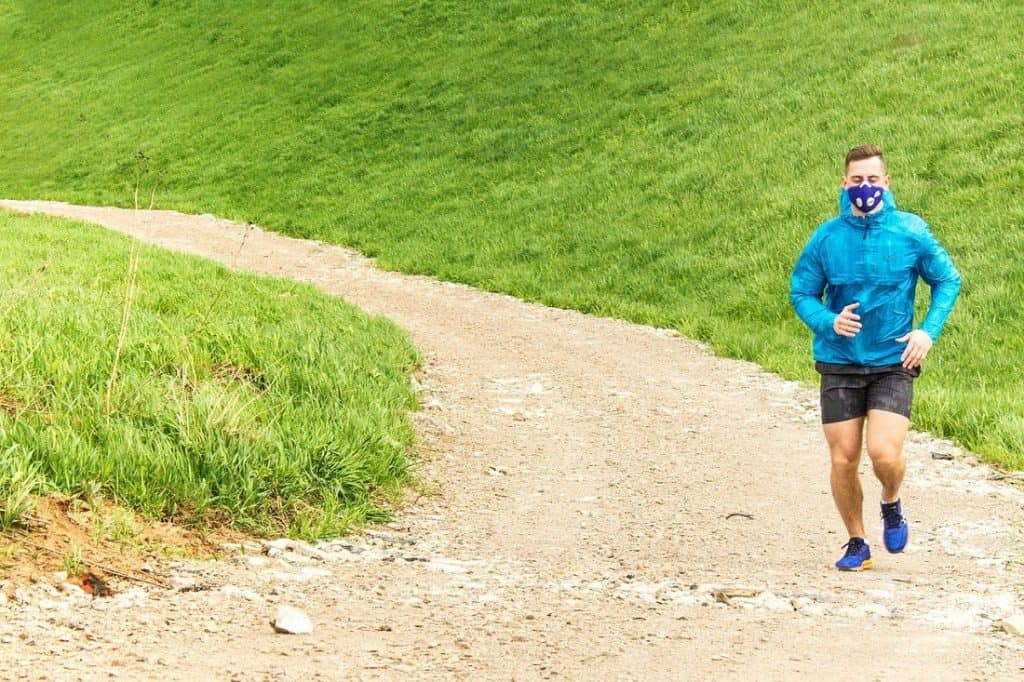Coronavirus can also cause a condition called covid myocarditis, a viral infection of the heart muscle. Just like it affects the lungs, the virus can invade heart muscle cells, causing inflammation and damage. This covid-19 myocarditis condition can result in the weakening of the heart muscle and arrhythmias or irregular heartbeats also creating risk for athletes.
COVID-19 patients are susceptible to hypercoagulability. For the safe return to sports after COVID-19, athletes or individuals wanting to resume physical activity should complete screening for myocardial injury and myocarditis.
The prevalence of cardiac injury is reported at 19%, and the prevalence of deep vein thrombosis and pulmonary embolism is higher than that for myocarditis. Thus, the heart is not the only system needing to be screened. Examination for myocardial injury and myocarditis are mandatory. Also, deep vein thrombosis and pulmonary thromboembolism must be considered, and when possible, blood troponin values, D-dimer prothrombin time, and activated partial thromboplastin time levels are determined for COVID-19 infection athletes or any individual before returning to sporting practice or intense physical activity or exercise.
Myocarditis is a leading cause of sudden cardiac death among athletes and may occur
without antecedent symptoms. COVID-19-related cardiac magnetic resonance (CMR)
abnormalities have been described in 78% of mostly ambulatory adults,
1 creating concerns over COVID-19-related myocarditis in athletes.

Because of the risks of covid myocarditis developing in patients with COVID-19 infection, the American Medical Society for Sports Medicine and the American College of Cardiology has published recommendations concerning COVID-19 infection and exercise. They recommend that anyone diagnosed with COVID-19 infection should be asymptomatic for at least 10 days before considering returning to exercise. If the patient wishes to return to strenuous or vigorous exercise, they should see their primary care provider for cardiac screening before participating.
The screening and recommendations for Covid-19 myocarditis in avoiding risk for athletes:
- A review of symptoms,
- Physical examination,
- EKG, blood tests for damage of heart muscle cells,
- And/or an echocardiogram or ultrasound of the heart.
- For patients with (+) findings on the above evaluation, consultation with a cardiologist and cardiac magnetic resonance imaging is often recommended.
- If there are no signs of myocarditis, experts recommend a gradual increase in exercise intensity over at least one week,
- Monitoring for symptoms such as chest tightness, exercise intolerance, or shortness of breath.
If any of these symptoms occur, the athlete should stop the exercise immediately and contact their primary care provider for further evaluation.
These recommendations for cardiac evaluation after COVID-19 infection are not just for high school and college athletes; anyone of any age who wants to return to strenuous exercises, such as weight lifting or distance running, should be cleared by their primary care provider before restarting their exercise regimen.


